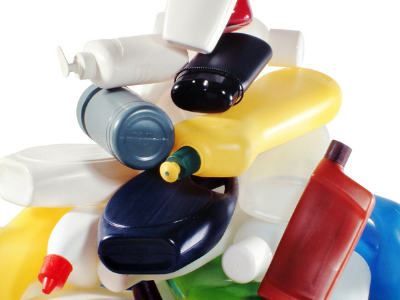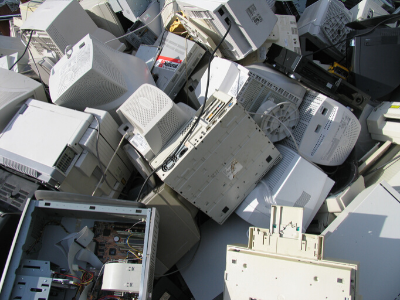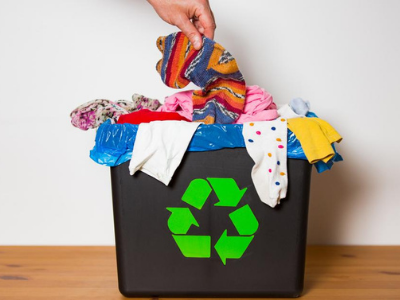
Waste
THE CIRCULAR ECONOMY AND RESOURCE RECOVERY
Every business generates waste. Until quite recently, it was commonplace for businesses just to put all waste in a general waste bin, pay for it to be taken to the tip. But as tip fees escalate, it makes sense to reduce the total waste produced by avoiding or maximising residual value to reduce disposal bills.
In a circular economy, nearly everything may be a valuable resource whether it involve recycling, upcycling or re-use. Even generating energy! In reducing waste this way the benefits to your business increase:
- reduce costs and find efficiencies
- reduce the environmental impact of your business
- improve your business reputation among your staff, customers and other stakeholders
The Australian Circular Economy Hub (ACE Hub) has been established to facilitate Australia’s transition to a circular economy. The ACE Hub aims to be the focal point for all things circular in Australia — a platform for sharing information and inspiration, and for celebrating the efforts of all those working towards this vital transition.
Food and Organic Waste

If you own or manage a food business, reducing the amount of food waste means more profits and less cost. If your business generates excess food which is still consumable consider options such as signing up to a digital service app which partners consumers with discounted take-away food such as Y-Waste or reaching out to a charitable organisation such as Ozharvest or SecondBite.
If your business generates large volumes of organic food waste there are various sustainable options for disposal:
- Commercial contract removal
- Commercial food waste processors eg Orca
- Feedback Organic Recovery – Converting local food waste into healthy, sustainable and most importantly local community grown food.
- Compost Revolution
Plastic Waste

Hard Plastics
Small quantities of hard plastic can usually be disposed of in household yellow recycling bins. PET plastic is very common and easily recyclable. PET is the plastic used for water and milk bottles. Hard plastic (HDPE) which is what a lot of household consumables are packaged in (shampoo, dishwashing liquid etc) is also recyclable and often accepted in council recycling bins. Please check your own council website for what is recyclable.

Soft plastics
Soft clean scrunchable plastic such as plastic shopping bags and clean dry soft plastic packaging can be recycled, but not through the yellow recycling bins. Collect them in a bag and deposit them into a REDCYCLE bin located at all Coles and Woolworths supermarkets, so they can be transformed into new products. Read more about soft plastic recycling here. For commercial quantities of soft plastic recycling, waste contractors offer pick up and recycling solutions. Polystyrene is recyclable but not through domestic waste channels. For an example of a commercial solution, read more here.
Metals
Scrap metal includes aluminium, brass, copper, stainless steel, cast iron, lead, zinc and nickel. Recycling scrap metal contributes to a significant saving in greenhouse gas emissions. Making items from recycled aluminium uses just 5% of the energy as making the same item from raw materials. You can recycle all of your aluminium foil, and even get paid for it. For larger quantities, contractors will purchase aluminium to be shredded and cleaned before recycling. For s,mall quantities scrunch the foil into large balls and place them in your yellow-lidded recycling bin from Council. The balls need to be at least the size of a tennis ball, to be able to be separated properly at the recycling facilities.
E-Waste and other difficult to recycle materials

E-Waste, Batteries, Cartridges
We are producing more and more e-waste as our reliance on electronics grows. There are increasing channels to freely and easily dispose of e-waste responsibly.
- Printer Cartridges – cartridges 4 Planet Ark
- Mobile Muster recycle mobile phones and accessories
- Battery recycling – ALDI
- Arnie’s Recon – free pick up of e-waste in Sydney

Textiles and Fabrics
Australia is the second highest consumer of textiles per person in the world, after the United States of America. Each Australian consumes an average of 27 kilograms of new clothing per year and disposes an average 23 kilograms of clothing to landfill each year, or 93 per cent of the textile waste we generate. For businesses, uniforms become unwearable, or changes in uniform render new stock unusable. BBP member Worn Up takes all uniforms and recycles them into new products.
- Worn Up – uniform collection and recycling
